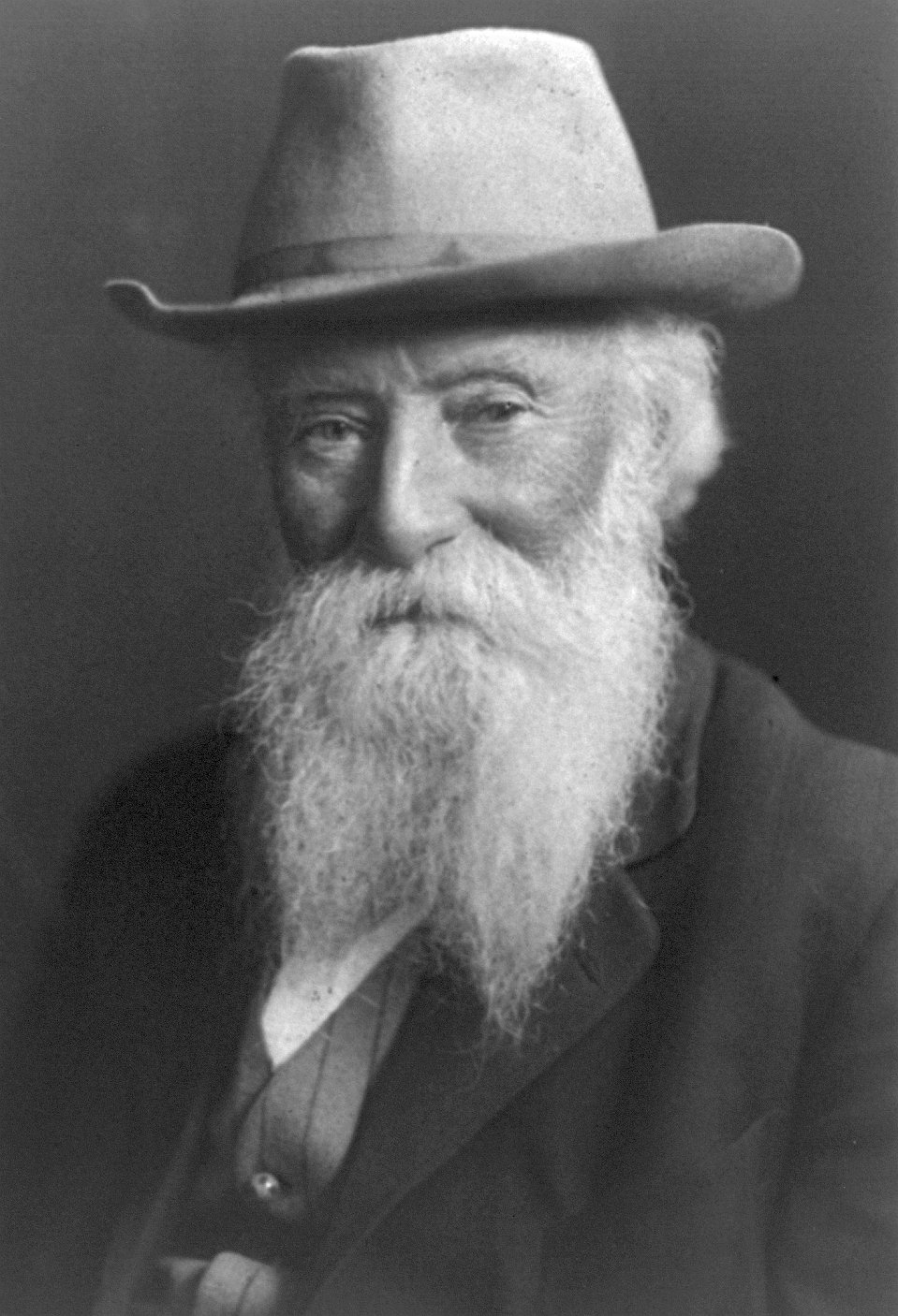“A man can fail many times, but he isn't a failure until he begins to blame somebody else.”
Variante: You can get discouraged many times, but you are not a failure until you begin to blame somebody else and stop trying.
John Burroughs was an American naturalist and nature essayist, active in the U.S. conservation movement. The first of his essay collections was Wake-Robin in 1871.
In the words of his biographer Edward Renehan, Burroughs' special identity was less that of a scientific naturalist than that of "a literary naturalist with a duty to record his own unique perceptions of the natural world." The result was a body of work whose resonance with the tone of its cultural moment explains both its popularity at that time, and its relative obscurity since.
Wikipedia

“A man can fail many times, but he isn't a failure until he begins to blame somebody else.”
Variante: You can get discouraged many times, but you are not a failure until you begin to blame somebody else and stop trying.
Fuente: Studies in Nature and Literature
Fuente: The Light of Day (1900), Ch. VII: The Modern Skeptic
Fuente: The Light of Day (1900), Ch. III: Science and Theology
Fuente: The Light of Day (1900), Ch. XI: Points of View
Fuente: The Light of Day (1900), Ch. III: Science and Theology
Fuente: The Light of Day (1900), Ch. XII: God and Nature
Leaf and Tendril (1908)
Fuente: The Light of Day (1900), Ch. IV: Natural Versus Supernatural
Fuente: The Light of Day (1900), Ch. II: From the Artificial to the Natural
Preface
The Light of Day (1900)
“Every day is a Sabbath to me. All pure water is holy water, and this earth is a celestial abode.”
Fuente: Accepting the Universe (1920), p.263
Fuente: The Light of Day (1900), Ch. III: Science and Theology
Fuente: The Light of Day (1900), Ch. IV: Natural Versus Supernatural
Fuente: The Light of Day (1900), Ch. IV: Natural Versus Supernatural
“The truths of naturalism do not satisfy the moral and religious nature.”
Fuente: Accepting the Universe (1920), p.301
“…the Kingdom of Heaven is not a place, but a state of mind.”
Fuente: The Light of Day (1900), Ch. III: Science and Theology